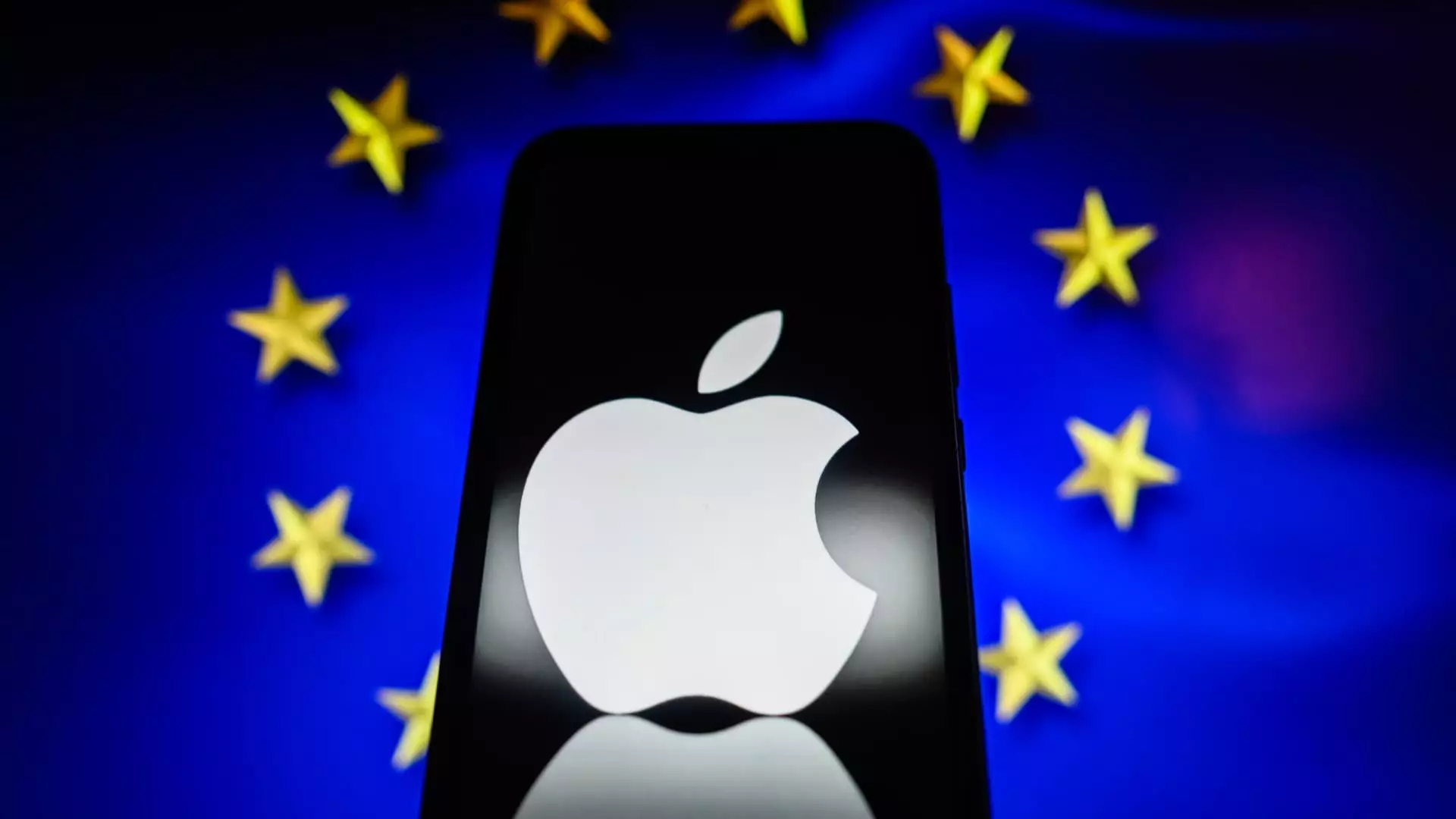Europe’s top court recently ruled against Apple in a decade-long court battle over its tax affairs in Ireland. This decision comes after the European Commission’s investigation into Apple’s tax payments in Ireland, where the tech giant’s headquarters in the EU are located. In 2016, the Commission ordered Dublin to recover up to 13 billion euros in back taxes from Apple, citing “illegal” tax benefits the company had received from Ireland over 20 years.
Apple and Ireland appealed the Commission’s decision in 2019, leading to the EU General Court overturning the ruling in 2020. However, the Commission then appealed this decision, ultimately leading to the European Court of Justice setting aside the General Court’s decision and confirming the original 2016 ruling. The ECJ determined that the Irish government had indeed given Apple a tax advantage, siding with the European Commission.
This ruling has significant implications for Apple as it not only requires the company to pay back the back taxes but also sets a precedent for how multinational corporations are taxed within the EU. The case sheds light on the ongoing conflict between U.S. tech giants and the EU over issues such as taxation, antitrust, and data protection.
Apple responded to the ruling by criticizing the European Commission for attempting to change the rules retroactively, stating that their income was already subjected to taxes in the U.S. The company has yet to issue a detailed response to the decision by the ECJ, but it is clear that the ruling will have a significant impact on its future tax obligations in Ireland and across the EU.
Future of Tech Giants in the EU
This case is just one example of the EU’s increasing scrutiny of U.S. tech giants operating within its borders. Recently, the European Commission imposed an antitrust fine of 1.8 billion euros on Apple for abusing its dominant position in the market for music streaming apps. Additionally, the EU’s Digital Markets Act has forced companies like Apple, Alphabet, and Meta to adjust their practices in Europe. The ongoing investigations and legal battles between tech giants and the EU highlight the challenges faced by multinational corporations in complying with the region’s regulatory framework.
The ruling against Apple in its tax case with the EU is a significant development in the ongoing debate over tax transparency and fairness in the global tech industry. It underscores the need for greater cooperation between multinational corporations and regulatory authorities to ensure compliance with international tax laws and regulations. Apple’s response to the ruling and its implications for the company’s future operations in the EU will be closely watched by industry observers and policymakers alike.


Leave a Reply